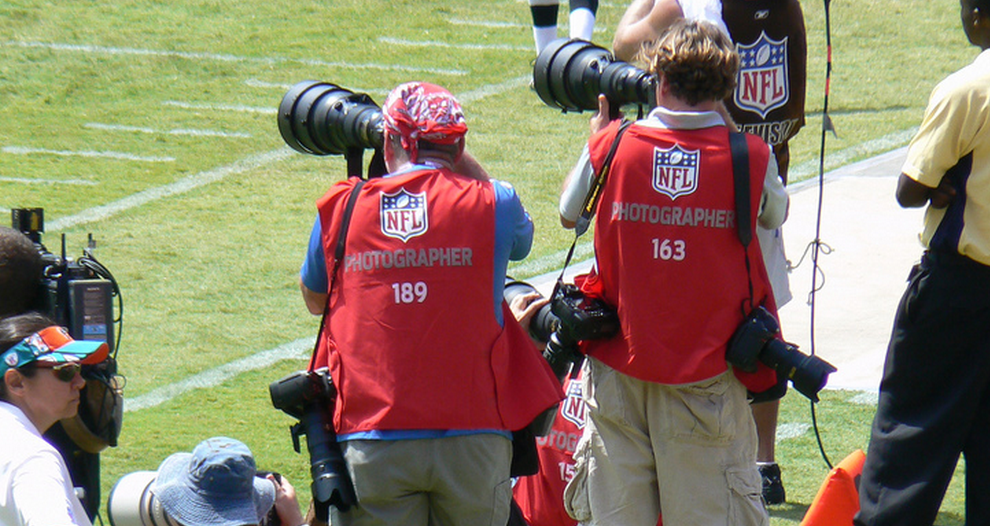FCC Repeals Sports Blackout Rule, But Blackouts Will Continue

((april))
The rule, established in 1975, was created to curb the leeching of ticket sales from the growing market for televised sporting events. Most sports leagues have moved almost entirely to pay-TV and have privately negotiated blackout arrangements among themselves.
The NFL remains the only league where the overwhelming majority of in-market games are aired on broadcast TV, but even then only a few games a season even come close to being blacked out.
Last season, only two NFL games were blacked out in their home markets during the entire season.
The NFL also adjusted its rules in recent years to lower the bar for what triggers a blackout. This allows teams in struggling markets to continue airing games while not selling out completely. It also doesn’t put a huge burden on teams with new, mega-stadiums to fill up every seat in the huge house.
Since there is nothing preventing the NFL from negotiating blackout guidelines with the networks and cable operators, the FCC didn’t really see any reason that the 39-year-old rule should continue to be in place.
“It is the leagues that control whether sports fans can watch the games they want to watch,” said FCC Chair Tom Wheeler at Tuesday’s commission meeting. “For 40 years, these teams have hidden behind a rule of the FCC. No more… It’s a simple fact, the federal government should not be party to sports teams keeping their fans from viewing the games, period.”
The NFL’s threat to move games to pay-TV is nothing but hot air.
1. Basic cable does not offer the ratings that broadcast TV does.
Not every game could be on ESPN or some other national, high-profile sports network. So the games would have to be aired on regional sports channels, resulting in a huge drop in ratings. No local cable sports channel is going to get $620K for a 30-second ad.
2. It’s counter to the league’s recent strategy.
The NFL Network, which is widely available to most pay-TV customers on a non-premium basis, had such horrible ratings that the league made a deal with CBS to start airing Thursday night games. Why would the NFL revert to basic cable?
3. It would be absolutely pointless.
Assume for a moment that Roger “What tape?” Goodell makes good on the threat to take his games and run to basic cable. What does he gain? Nothing. Those 1-3 games a year that are currently blacked out will continue to be under-attended. Meanwhile, ad revenues are slashed and viewership drops. All so the league can protest the repeal of a 39-year-old rule that it doesn’t need.
Want more consumer news? Visit our parent organization, Consumer Reports, for the latest on scams, recalls, and other consumer issues.

